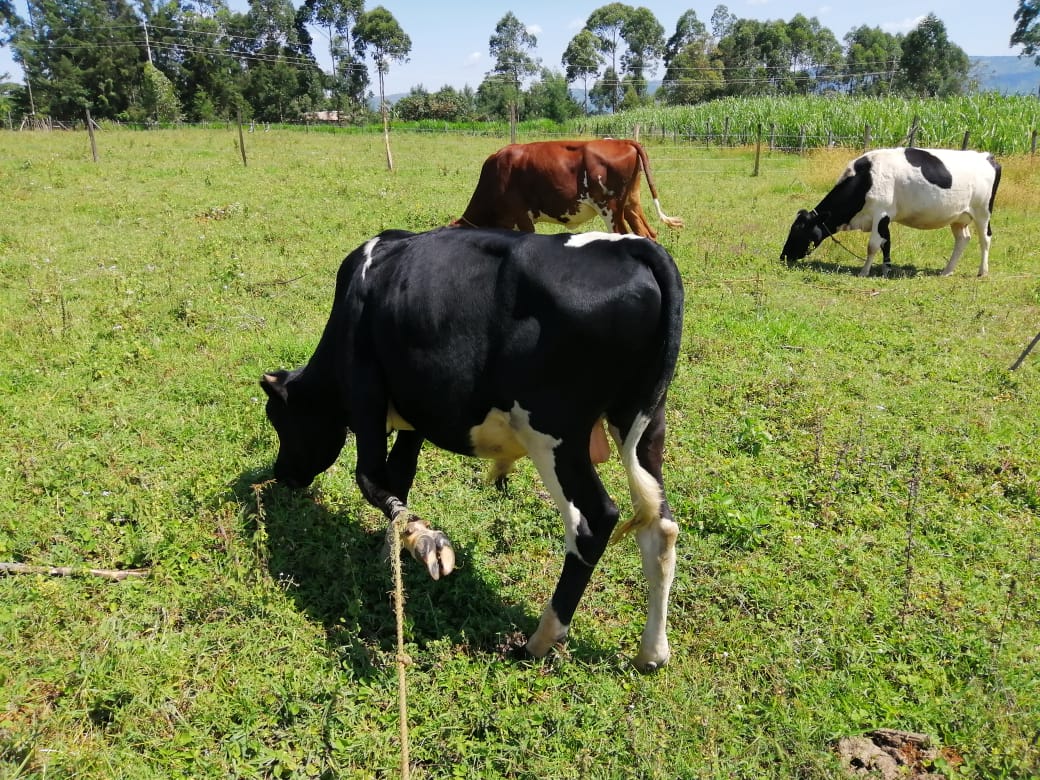Research is critical in making decisions in both public and private sectors as well as personal lives.
Good research gives a global view of things and analyses trends and possibilities, yet very few organizations are willing to fund research. In public organization, research is either poorly done or never implemented at all.
On taxation, research is just as important. Kenya Revenue Authority doesn’t just wake up one morning and increase tax on beer, impose a tax on dowry or reduce excise on water.
Taxing cows and goats
“Research is used to explain situations like trends in economic growth and GDP ratios, prove theories and find solutions to problems like illicit financial flows,” says Dr Fred Mugambi, a commissioner at KRA in charge of the Kenya School of Revenue Administration (KESRA).
Speaking during the opening of the 2nd KESRA Research Conference at the Kenya School of Monetary Studies, Dr Mugambi said policymakers should use research in backing public decisions in the search for appropriate fiscal policy.
During the conference, an interesting tax research proposal came from University of Nairobi Associate Professor in the School of Business Dr X.N Iraki, who noted that most African countries have not budgeted for research at national levels.
Touching on the need for tax incentives and finding new taxes, Dr Iraki suggested research on whether dowry payment should be subjected to taxation. Dowry is an emotional issue among Kenyan communities, even though it has lately been commercialized by some families.
Read Also >> Little Know Cement Factory Boss Named CEO of the Year
“Few doctorate students currently in universities are pursuing research in taxation,” Dr Iraki said. “ There needs to be research such as tax incentives and new taxes like should dowry payment be taxed, optimal tax rates.”
There are no set standards for dowry payment – what a man pays to marry a woman – but some parents are known to squeeze out millions from sons in law.
Is dowry a payment?
The standard form of dowry in most communities includes domestic animals like cows, goats, sheep, chicken and items such as cereals. Putting a tax figure on such dowry would be a tricky affair. Due to changing times, some families are preferring cash these days.
Also, dowry negotiations are often family affairs done away from the formal system, which would make tax administration a nightmare
Taxing dowry would spark protests from many Kenyans since it is not a commercial payment per se but a token to strengthen the marriage and bond the two families.
Dowry is an emotional issue among Kenyan communities, even though it has lately been commercialized by some families.
Dr Iraki congratulated KESRA for taking up the challenge of agitating for fiscal policy management related research. He said research is an investment that needs to be taken seriously in order to solve financial problems.
Meanwhile, Dr Fred Mugambi also highlighted three major challenges hindering research in Africa that including funding, alignment and sequencing to Africa’s problems and failure to utilize findings in public decision-making.
Taxation processes
The KESRA research conference – themed “Embracing tax and custom reforms for trade facilitation” – was aimed at creating a platform for participants to share thoughts on research in the region and to influence African tax agenda and create thought leaders in fiscal management in the continent.
East and Southern Africa, World Customs Organization (WCO) representative Mr Lary Liza encouraged researchers to relook at emerging trends in technology such as blockchain and artificial intelligence to enhance taxation and customs processes, and how to fully utilize the newly established Africa Continental Free Trade Area (ACFTA).
Next Read >> Forget the Maragolis, the World’s Best Tea and Coffee Drinkers are in Town













Leave a comment